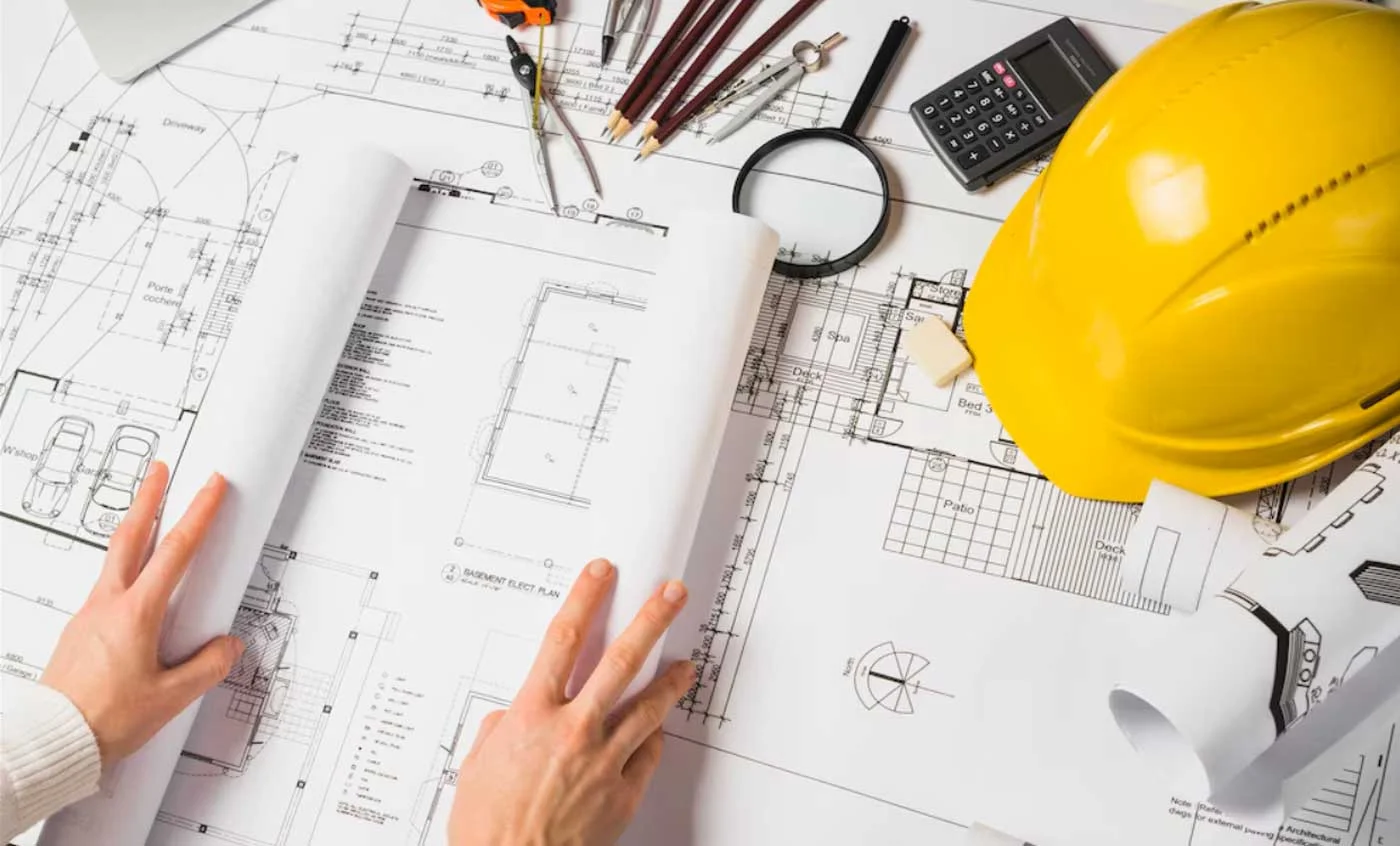As a lawyer who deals with a lot of contractors, I’ve seen a lot of challenges in the construction industry in the 2020s. Anecdotally, it seems like construction costs have exploded in that time, and data from the Colorado Construction Cost Index Report (CCI) seems to back this up. According to that metric, construction costs have increased each year since the end of 2021, with a major spike in the third quarter of 2002. The Mortenson construction cost index also saw increases in this time with relative stability in since 2023. But, with President Trump threatening to impose tariffs on so many imports, it seems likely that costs will continue to increase in 2025.
When construction costs increase, that spells trouble for large construction projects. The core problem is that contractors very seldom purchase all of the materials for a project at once. Contractors rarely want to purchase material they can’t use and must instead pay to store until the project is ready. So, the customer’s deposit may be used for initial materials, such as excavation or foundations, but no for internal finish material like drywall, counters, or framing. The materials will cost whatever they cost at the time they’re ordered, not necessarily when the project begins.
During a period of inflation, these prices might be substantially different when materials are actually ordered from what the parties expected.
This is a problem when the homeowner wants to know the price for a project up front. Either the contractor will give a fixed price based on current material and end up underbidding the job or the homeowner will hire with an expectation of cost that will end up wildly out of proportion to reality. These both pave the way for anger, accusations, and lawsuits.
A contractor who realizes, too late, that they have underbid a project faces the prospect of losing money on the job but keeping their word or breaching the contract and facing the costs and risks of a potential lawsuit. A homeowner who suddenly has to pay twice what was originally proposed may be unable to finish the project or, worse, face foreclosure threats from the bank that provided the construction loan if they cannot beg, borrow, or steal the money to finish it. None of these are good outcomes.
Contractors and homeowners can do a few things to help guard against this outcome. First, of course, is that both parties need to fully understand the terms of their deal. What exactly is in the scope, and what exactly is the price? If the price is allowed to change, what are the reasonable expectations for how much? The contractor should be transparent about the need to pass through costs and both should estimate high on how much that might end up being. If the price is a fixed term, then the contractor should think carefully about ordering all material and securing all labor up front, at current prices.
The two parties can, theoretically, negotiate these issues. A homeowner may insist on a fixed price. The contractor may then explain what must be done to deliver that fixed price – perhaps renting a climate controlled warehouse to store material and an increased deposit payment to allow the contractor to pay all of its costs up front. A contractor who wants the freedom to pass through materials costs should carefully consider how to ensure the homeowner is confident they are actually only paying the real materials costs and that there is enough money in the budget to actually finish.
Above all, the contractor and homeowner should move promptly to finish the project. The longer it takes, the more likelihood that prices will change and force one or both parties into a very difficult position. A construction project that finishes in a month will likely be on budget. One that takes five years probably will not.

